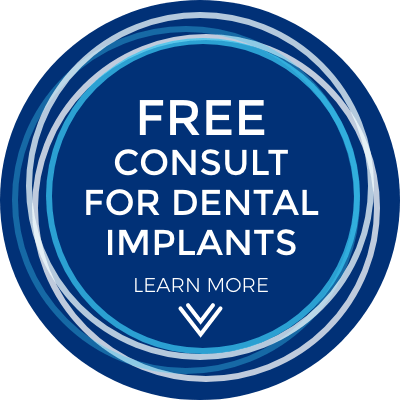Teeth Grinding in Five Dock
Protect Your Smile and Relieve Discomfort

Also known as bruxism, teeth grinding can significantly affect dental health and overall wellbeing. It is an involuntary action that can occur during sleep or while awake, where people clench, grind, or gnash their teeth, often without realising it.
Examining Causes, Signs and Symptoms
Bruxism is often linked to stress or anxiety but may also be caused by misaligned teeth, lifestyle factors, or other conditions. Other triggers include sleep disorders, certain medications, and lifestyle habits such as excessive caffeine or alcohol consumption. Identifying the underlying cause is essential for successful management.
Some typical symptoms include:
- Worn or shortened teeth
- Jaw pain or tension
- Headaches or neck pain
- Lockjaw or difficulty chewing
- Ringing in the ears (tinnitus)
If left unaddressed, this common condition may lead to more severe dental damage, such as cracked or broken teeth, and contribute to jaw joint disorders (TMJ).
How We Manage Your Problem
Our dentists are trained to look for signs of bruxism. During your consultation, we will conduct a comprehensive assessment to determine the root cause of the condition and recommend the best course of action.
Care options vary depending on the severity of the condition and may include:
- Occlusal Splints – Custom-fitted devices worn at night to protect your teeth and relieve pressure on the jaw
- Muscle Relaxation Techniques – Hot or cold packs can help ease tension in the jaw muscles
- Neuromodulator Injections – In some cases, targeted injections may reduce muscle activity and alleviate grinding
We tailor each care plan to suit your needs, ensuring long-term relief and protection for your teeth.
Frequently Asked Questions
When should I see a dentist about bruxism?
Do over-the-counter mouthguards work?
Safeguard Your Smile Today
Don’t let bruxism impact your oral health or quality of life. Schedule a consultation to discuss your symptoms and explore solutions tailored to your needs.
Any invasive or surgical procedure may carry risks. Before moving forward, it is recommended that you seek a second opinion from an appropriately licensed medical professional.


